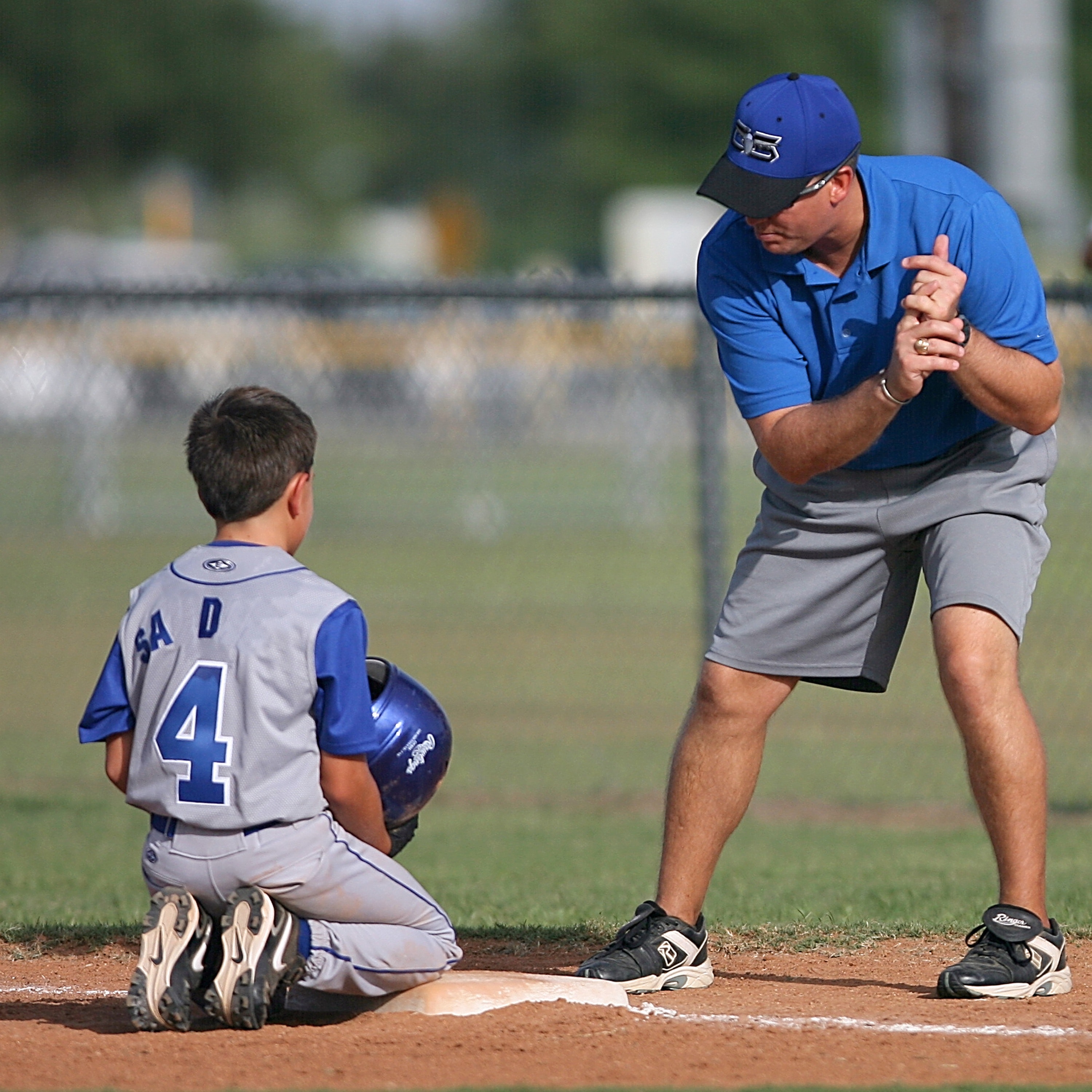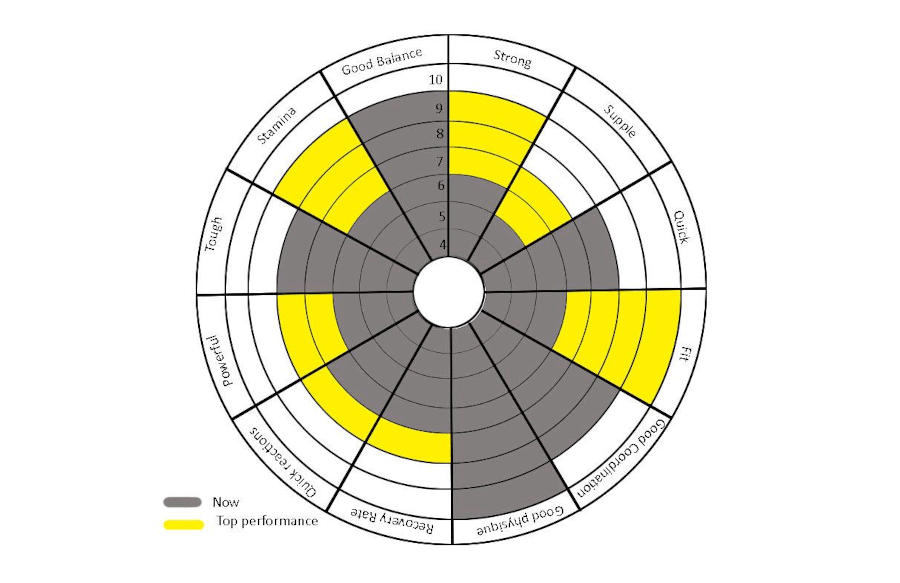Coaching young athletes
3 min
The coach in youth sports is a professional who has evolved a lot in recent years and today exhibits characteristics going beyond the sport environment. We refer, in particular, to his role of educator and his influence on the psychosocial development of the child as a whole. For this reason, training coach behavior in terms of communication, psychological development of the child and management of relationships, becomes fundamental.
Instructors in youth academies who are trained, observed and monitored while they conduct the drills greatly improve their skills in communication and strenghten their relationship with the kids. The principle that should guide them is to foster autonomy in decision-making and problem solving, which are skills of central importance in both sport and life, yet maintaining a fun and playful atmosphere for children.
Such an environment is also a distinctive trait for sports clubs but requires commitment on the organizational side and the use of resources to be allocated for a highly specialized training on coaches:
- increase awareness of the coaches regarding the dual role of coaches and educators;
- develop psycho-pedagogical and relationships skills;
- keep attention on the correct methods of communication;
- know how to keep optimal relational environment for the children;
- enhance the ability to design drills which are suitable to the possibilities of children from a physical-motor, psychological and aptitude standpoint;
- take full advantage of sport as an educational opportunity.
A better culture on these areas helps younglings to grow both from a relational and performance point of view, expands knowledge on the psychological aspects involved in the sport practice and oversees the relational modes implemented by all the stakeholders, including families.
Which are the specific areas on which to increase the coach competence?
- Organization and conduction of training (e.g. providing feedback, take full advantage of time and space);
- Effective communication (e.g. clarity while presenting concepts, forms and contents suitable for the age of children);
- Psycho-pedagogical knowledge (e.g. how learning processes work and psychological development of the child);
- Relationship management (e.g. with athletes, families and executives).
Acquisition and consolidation of these competences requires in-depth and continuous training to let coaches internalize and translate the concepts in concrete skills. For this reason it is important to integrate classically conveyed training, such as the one taking place in the classroom and on the field, with the phases of observation, analysis and monitoring aimed at deepening and establishing the new skills.
The observation phase has the purpose of collecting quantitative data on how the training is conducted by the coach. The next phases of analysis and monitoring give meaning to the data collected and monitor gains over time.
Such a rich training duty inevitably presents a certain complexity. This complexity can be managed with the help of GridAPP , a mobile application for professional observation in sports containing a observation grid designed specifically for coaches of young athletes, which simplifies the whole task by facilitating observation, analysis and monitoring of performance. Among various features is the Performance Profile (Butler and Hardy, 1992), a tool that highlights strengths and areas for improvement with comparison between current and ideal performance.

Stored data related to observations and the Performance Profile provide monitoring of gains over time. This way the trainer training the coach proceeds along with him in his educational path, encouraging awareness of his dual role and helping being more competent in the relationship with young athletes. The resulting coaches are the ones who train not only top athletes but also the citizens of tomorrow, enriching both the territory in which they operate and society as a whole.
References
Martens, R. (2012). Successful coaching. Champaign, IL: Human Kinetics
Butler, R. J., & Hardy, L. (1992). The performance profile: Theory and application. The Sport Psychologist
